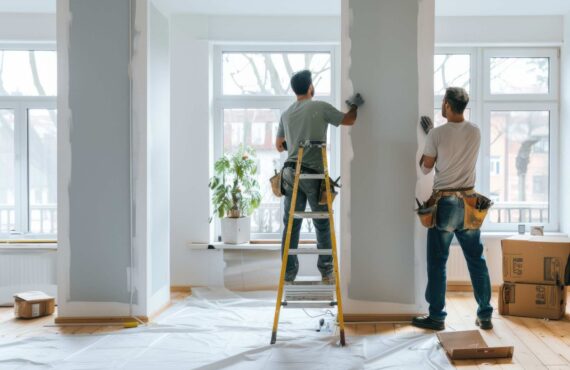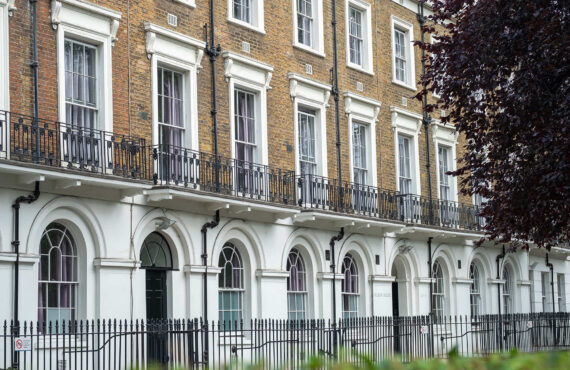
Much of what was announced in the Budget was leaked beforehand. Particularly where measures to boost the housing market home buyers were concerned. But some interesting details emerged during the Chancellor’s speech.
Rishi Sunak acknowledged that the stamp duty holiday on properties costing up to £500,000 ‘has helped hundreds of thousands [of people] buy a home’. But due to the sheer volume of transactions, many won’t complete by the deadline of 31 March. So the government announced that it will be extended until 30 June. After that, tapering will be introduced to smooth the transition and avoid a cliff edge. With the nil-rate band set at £250,000 until the end of September. Not until 1 October will there be a return to the usual nil-rate band of £125,000.
Homebuyers
The other trailed initiative was confirmed – a ‘new policy to stand behind homebuyers’ via a mortgage guarantee. Lenders who provide mortgages to those buyers who only have a 5 per cent deposit will benefit from a government guarantee on those loans. Lloyds, NatWest, Barclays, Santander and HSBC have already thrown their hats in the ring and said they will offer 95 per cent LTV mortgages from next month.
The government’s stated ambition is to turn ‘generation rent into generation buy’. However, there was no detail as to what the likely mortgage rates on 95 per cent mortgages will be. High loan-to-value deals tend to come with high interest rates; this has been the case over the past year as these deals have disappeared from the market.
First time buyers
Supplementary information from the Treasury reveals that borrowers will be offered five-year fixes under the scheme but unless pricing is competitive. It will only have limited success in encouraging buyers onto the ladder. One bonus of the scheme is that it will be available to existing homeowners, as well as first-time buyers, while mortgages will be available on homes costing up to £600,000, not just new-build but existing housing stock as well.
While these announcements will boost the prospects of homebuyers. Critics argue that they are also likely to fuel house price inflation, pushing up values further still.






